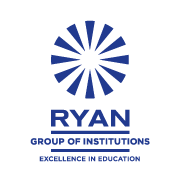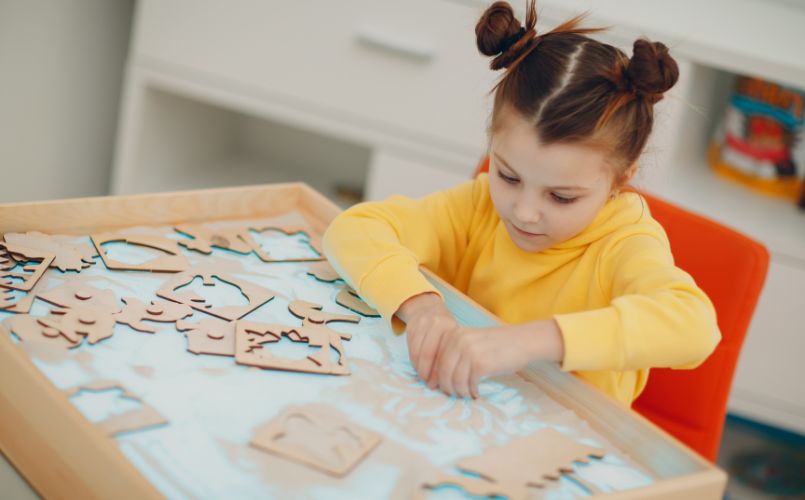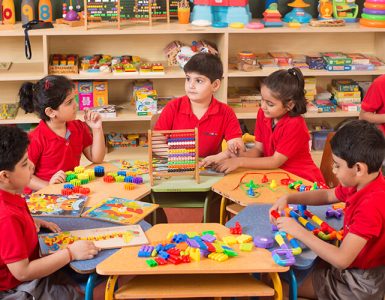Esteemed child psychologist Dr. Louise Bates Ames once said,
Independence isn’t something that your children can gain on their own. They have neither the perspective, experience, nor skills to develop independence without a guiding hand.
This statement underscores the essence of toddler independence – it’s a collaborative effort between parent and child.
Why focus on independence at such a tender age? It’s simple: early experiences shape the blueprint of a child’s character. When toddlers learn to do things for themselves, they’re not just mastering tasks – they’re developing a sense of self and capabilities. This isn’t about hurrying them through childhood but about honoring their growth stages and aiding their discovery of the world.Consider the toddler struggling to put on their shoes. It’s tempting to swoop in and do it for them. But pause, and you might witness a triumph in those tiny fingers – a triumph that lights up their world and boosts their self-esteem.
In fostering independence, we’re not just preparing toddlers for the now; we’re setting them up for success in future endeavors. From social interactions to academic challenges, a child who’s learned the power of ‘I can’ carries this confidence throughout life. This approach also aligns with the evolving educational and developmental models that emphasize self-guided learning and problem-solving skills.
Encouraging Early Independence – A Parent’s Guide
Venturing into the realm of toddler autonomy requires a delicate balance of guidance and freedom. As parents, our role is crucial in nurturing our little ones’ ability to do things independently. Let’s explore some effective ways to promote this important developmental stage.
- Offering Choices within Safe Boundaries: Picture a typical morning: instead of deciding what your toddler should wear, present two suitable options. “Would you prefer the blue top or the green one?” This simple act of choosing fosters decision-making skills within a safe and controlled environment.
- Crafting a Safe Exploration Zone: Adapt your home to be a safe exploration zone. This means creating spaces where your toddler can freely explore and learn without constant oversight. It’s about providing opportunities for independence, rather than constraints.
- Acknowledging Their Efforts: When your toddler manages to put on their shoes, even if imperfectly, it’s a significant achievement in their journey towards self-sufficiency. Celebrating these milestones with encouragement, like “Great job trying!” reinforces their desire to continue exploring their abilities.
- Supportive Oversight: It can be challenging to watch your child struggle with a task and not intervene. However, offering support from a distance is vital. Be there for guidance, but allow them the chance to tackle challenges. This approach builds resilience and encourages independent problem-solving.
Overcoming Challenges in Promoting Early Independence & Self-reliance
Guiding toddlers towards self-reliance is filled with both triumphs and challenges. Recognizing and addressing these hurdles is key to successfully nurturing their independence. Let’s discuss some common obstacles and effective strategies to overcome them.
- Dealing with Frustration: It’s natural for toddlers to feel frustrated when learning new skills. When your child gets upset, instead of immediately solving the problem, encourage them to express their feelings. A simple, “I see you’re upset. Do you want to try again or take a break?” respects their emotions and promotes emotional self-regulation.
- Balancing Safety and Exploration: One of the toughest parts of parenting is allowing your child to explore while ensuring their safety. The key is to set clear, consistent boundaries. For instance, “You can play in these areas, but the kitchen is off-limits.” This provides them with a safe zone for exploration without overbearing restrictions.
- The Temptation to Do Things for Them: It’s quicker and easier to dress your toddler or tidy up their toys, but doing so can impede their learning. Encourage independence by creating routines where they can participate, like putting away toys or choosing their clothes. It might take longer, but the benefits for their autonomy are invaluable.
- Avoiding Overwhelm: Introduce new tasks gradually to avoid overwhelming your toddler. Start with simple tasks like putting socks on, then gradually progress to more complex ones. This step-by-step approach builds confidence and capability in a manageable way.
Building Confidence Alongside Self Reliance
As we encourage our toddlers to embrace autonomy, an equally important aspect is nurturing their confidence. Confidence and independence are interlinked, each reinforcing the other. Let’s examine how we can effectively cultivate these qualities together.
- Praising Effort, Not Just Results: When your child attempts a new task, focus on praising their effort. Say, “I’m proud of you for trying,” rather than just celebrating the outcome. This approach reinforces the value of effort and perseverance, essential components of confidence.
- Encouraging Social Interactions: Social situations offer excellent opportunities for toddlers to practice autonomy and build confidence. Arrange playdates or participate in group activities. These interactions allow them to make decisions, solve problems, and develop social skills in a supportive setting.
- Setting Achievable Challenges: Present your toddler with tasks that are challenging yet achievable. For instance, asking them to help set the table with simple items. Successfully completing these tasks boosts their confidence and reinforces their sense of capability.
- Modeling Confidence: Children often mirror their parents’ behaviors. Show confidence in your actions and decisions. This doesn’t mean being perfect but handling situations with a positive attitude. Your child will pick up on these cues and emulate them.
The Long-term Benefits of Fostering Early Independence in Toddlers
In the final installment of our exploration into toddler independence, we turn our attention to the future. The seeds of autonomy we plant in these early years bear fruit long into our children’s lives. Let’s uncover the lasting impact of fostering early independence.
- Enhanced Problem-Solving Skills: Toddlers who learn to make decisions and solve problems independently carry these skills into adulthood. Whether it’s navigating social dynamics or academic challenges, they approach life with a can-do attitude.
- Stronger Social and Emotional Development: Early independence helps toddlers develop healthier relationships. They learn to trust their instincts, communicate their needs effectively, and empathize with others. These skills are crucial for building strong, respectful relationships throughout life.
- Academic Readiness and Success: Studies have shown that children who developed independence early often excel in educational settings. They’re more likely to take initiative in learning and adapt to new situations with ease, leading to better academic performance.
- Fostering Leadership Qualities: Independent children often grow into confident leaders. They’re comfortable with decision-making, taking responsibility, and guiding others – skills that are invaluable in both personal and professional spheres.
As we guide our toddlers toward autonomy, we do more than just ease our daily parenting tasks. We are equipping them with the tools for a successful, confident, and fulfilling life. The journey may be filled with challenges, but the rewards – watching our children grow into capable, independent individuals – are immeasurable.




